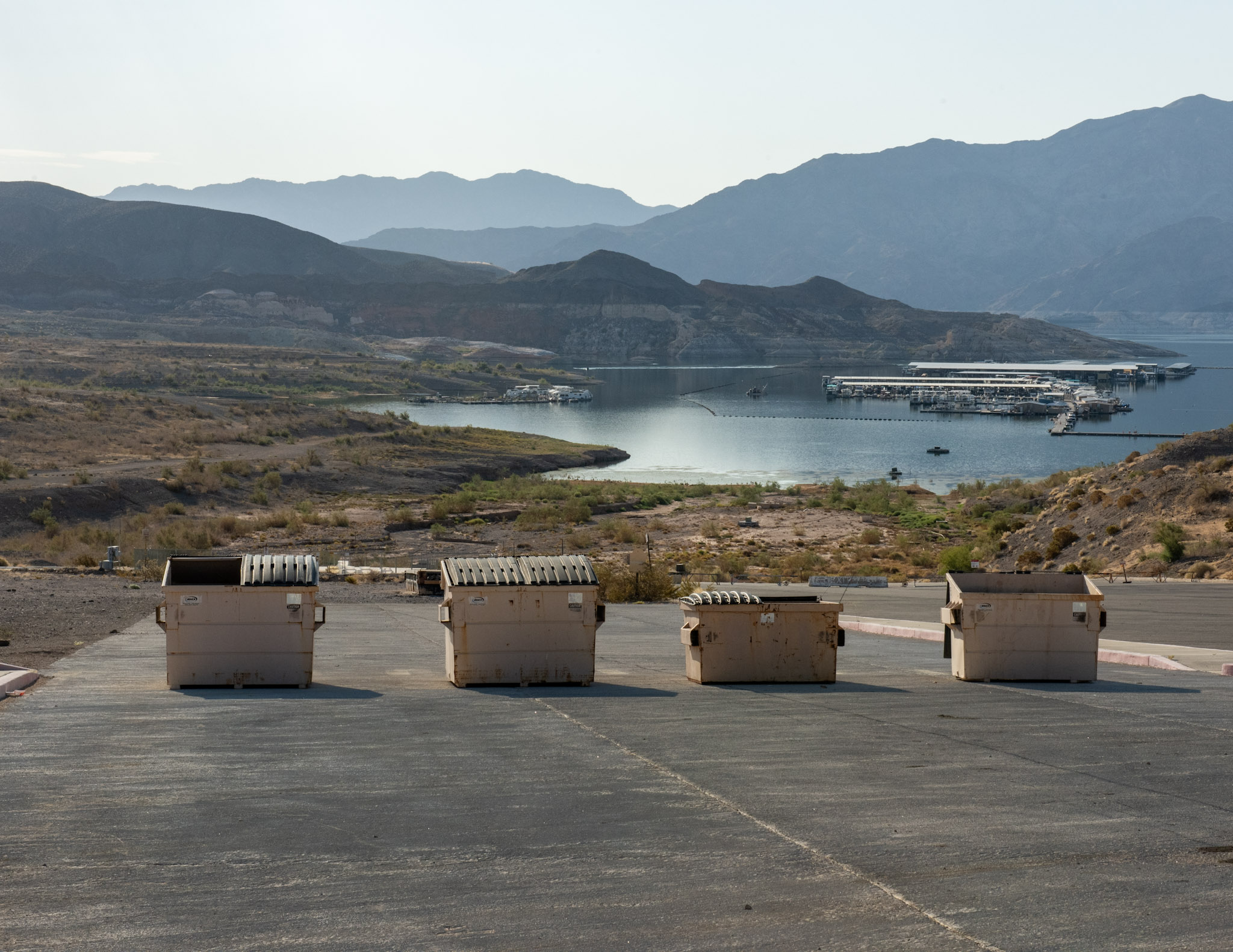The United States is without a Senate-confirmed cabinet member overseeing essential functions of water management in the western United States. As is common in the early days of new presidential administrations, the Bureau of Reclamation is now relying on an “acting” official, David Palumbo. Stepping in for the Biden Administration’s Commissioner, Camille Touton, Palumbo inherits an agency that is at the heart of the Colorado River crisis and many other water conflicts in the West. The lack of a “confirmed” Commissioner has many people wondering what that leadership gap means as we move closer to important deadlines for managing the water supply serving 40 million people in the desert southwest.
In other words, who is in charge during a key time: Is it Palumbo or somebody else?
A key policy framework for river management technically expires on December 31, 2025. And the need for a replacement is something of considerable debate, cost, and grandstanding. And, as has been reported in every major news outline, there’s no consensus among the Colorado River Basin States about what a new paradigm could look like. Throw into the mix the fact that the vehicle for hashing out negotiations, the National Environmental Policy Act, is in a state of flux. The discomfort grows as reservoir levels shrink.
With both Lakes Mead and Powell hovering around one-third full — and federal projections showing more declines this summer — people aren’t necessarily racing to do a job that’s guaranteed to disappoint many parties. There are decisions that will be made that could also propel litigation among states, something not seen on the Colorado River since California and Arizona hashed it out in the late 1950s and early 1960s.
Nevertheless, the moment calls for steadfast, non-partisan maneuvering in an atmosphere resembling a hornets’ nest nudged in a snake den.
Acting officials are time-limited to 210 days and some wiggle room during the confirmation process. They are not meant to be a permanent replacement during the transition from one administration to another — with the Senate’s consent on these matters being an important constitutional check on executive power (Article II).
What we do know is that Palumbo came into his acting role in late January. There are more than 100 days left for him as an “acting.” But the overall need for long-term leadership in the Bureau of Reclamation does pose these questions:
Will the next commissioner have any ties to the Upper or Lower Basin?
Will the next commissioner guide the states to a done deal by the December 31, 2025, deadline for a new management regime? There is some flexibility for pushing that date back into mid 2026. But can a deal get done?
If a deal doesn’t get done, that means the 2007 Interim Guidelines expire. What would a management regime without that framework mean? Is it some mix of Law of the River, Drought Contingency Plan, 602A Storage, a policy mechanism to balance Lakes Mead and Powell? What about the Biden-era spending bills and their applicability, which have somewhat withstood the chopping block so far in the new administration despite attempts to cut?
The buck stops with the Bureau of Reclamation on the Colorado River. And, with a less-than-average snowmelt runoff, the incoming commissioner will be swimming in shallow reservoirs of deep uncertainty.

